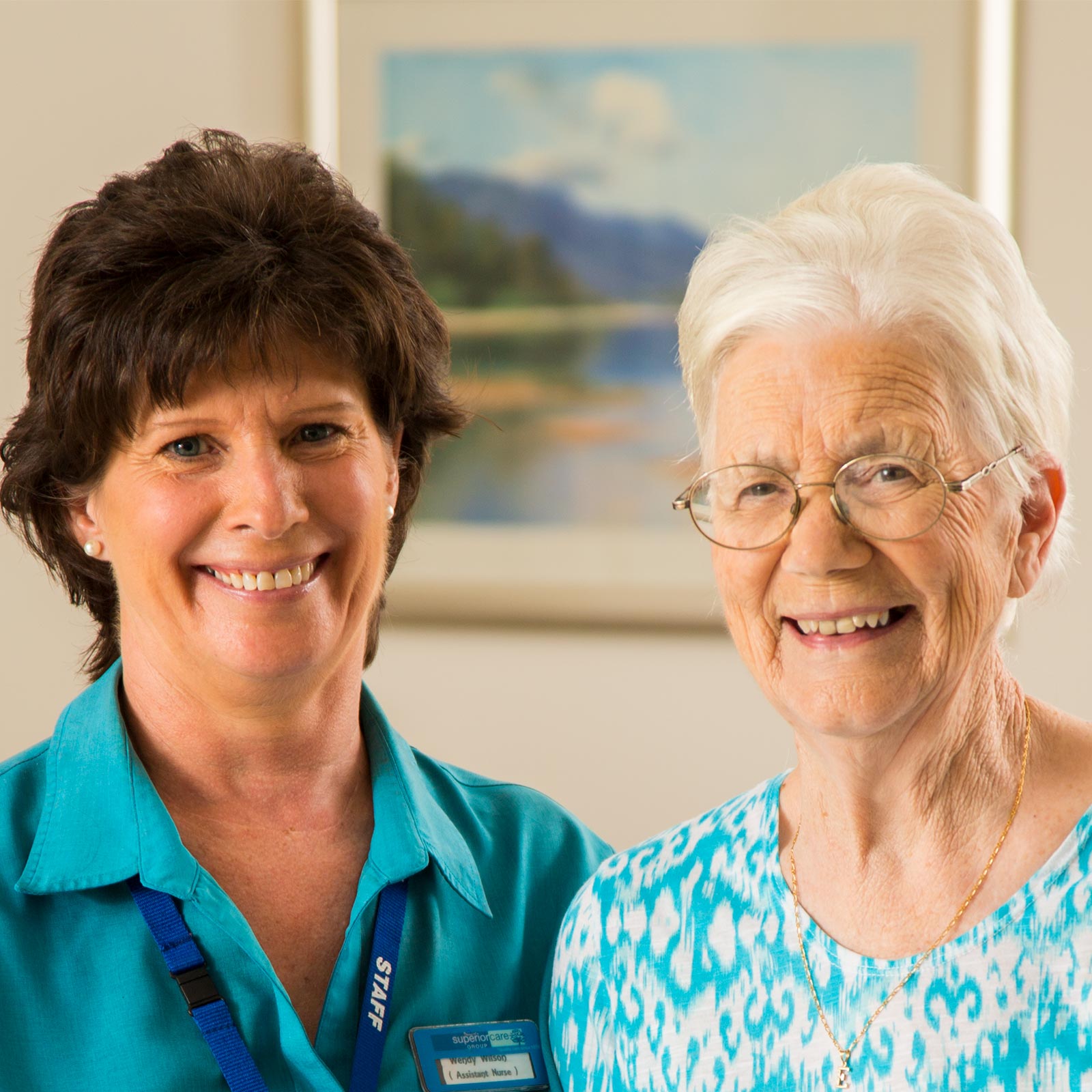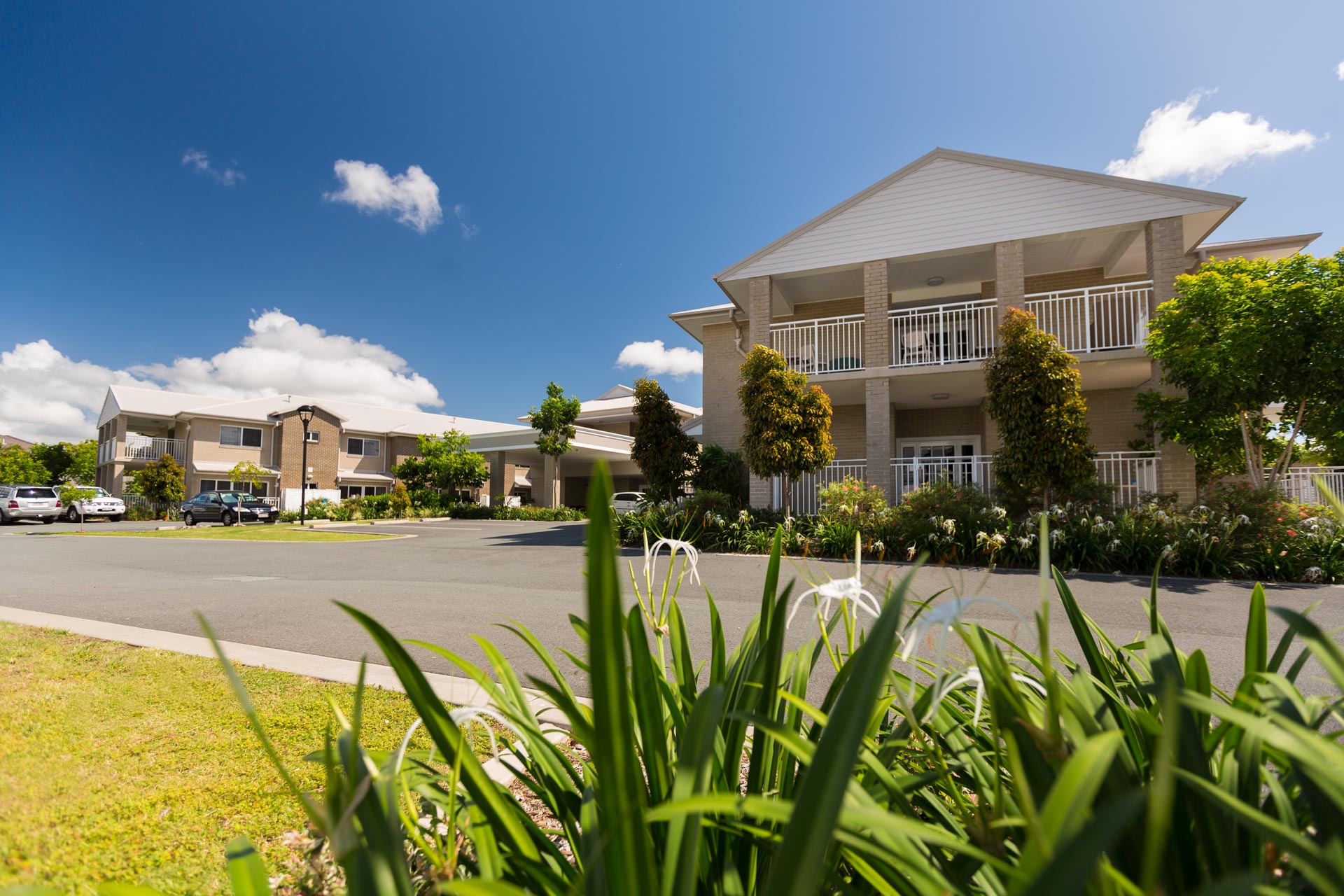Aged care refers to the support and assistance provided to older individuals as they age. This can include assistance with daily living tasks, such as cooking and cleaning, as well as help with personal care. Additionally, aged care can include transportation and community services to help older individuals stay connected with their community.
For those with healthcare needs, aged care may include 24-hour nursing care. The objective of aged care is to enable older individuals to maintain their independence for as long as possible, and the specific type of support will depend on individual needs and preferences.
There are three main types of aged care.
- Care in your home
Care in an aged care residence - Short term respite or after hospital care
Many of these services are government funded.
Starting the aged care process can be challenging, but there are many resources available to provide support and guidance.
Reach out to your local GP for a consultation or have a chat with one of our centre managers.
Home care, also known as in-home care, is a form of aged care that is provided in the comfort of one's own home. It is often the initial step in the aged care journey and allows individuals to continue living in their familiar surroundings while receiving necessary care and support. Home care services may include:
- Assistance with maintaining a livable home, such as installing aids for independence, making home modifications for safety, and help with cleaning and yard maintenance.
- Health and wellness support, such as assistance with personal hygiene, grooming, incontinence care, meal preparation, nursing, and allied health services such as podiatry or physiotherapy.
- Support with getting out and participating in community activities and events, including transportation to appointments.
- Temporary assistance with respite care or transition care after a hospital stay.
Home care services can be funded by government programs such as the Commonwealth Home Support Program or a Home Care Package if more complex care is needed.
If your care needs are more complex and you are unable to manage at home, you may want to consider moving to a residential aged care home such as Superior Care. These residences, also known as nursing homes or aged care homes, provide around-the-clock care and support services.
When moving to a residential aged care home, you will have your own private room and access to hotel-like services such as meals, laundry, and cleaning. Personal care, such as assistance with showering and toileting, and clinical care for any specific health needs, will also be provided.
Residential aged care homes offer social and recreational programs, including events and outings, to help residents maintain social connections and engage with the community.
Government funding is available for residential aged care, but the cost will vary depending on the home and an assessment of the individual's financial resources and assets. Further information on financing options can be found by researching aged care financial information.
You may require additional assistance after a hospital stay to help improve your independence or temporary care if your regular caregiver is unavailable for a certain period.
Short-term care options can include additional support and services, or a temporary stay in a residential care home until you are able to return to your regular care arrangements.
Respite care can also attract Commonwealth Government subsidy, or be privately funded.
The government funding you receive will depend on whether you’re eligible and what your needs are. To access any aged care, you will need an assessment from My Aged Care.
Enjoy a private tour
We invite you to meet our team and experience our residences in person. Family and friends are welcome.


